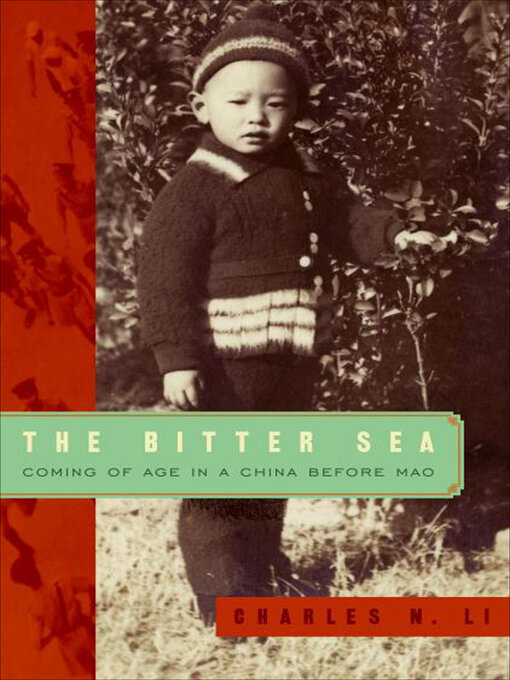This haunting, illuminating memoir tells the remarkable true story of a young Chinese man’s coming-of-age during the tumultuous early years of the People’s Republic of China
In this exceptional personal memoir, Charles N. Li brings into focus the growth pains of a nation undergoing torturous rebirth and offers an intimate understanding of the intricate, subtle, and yet all-powerful traditions that bind the Chinese family.
Born near the beginning of World War II, Li Na was the youngest son of a wealthy Chinese government official. He saw his father jailed for treason and his family's fortunes dashed when Chiang Kai-shek's Nationalists came to power in 1945. He watched from his aunt's Shanghai apartment as the Communist army seized the city in 1948. He experienced the heady materialism of the decadent foreign "white ghosts" in British Hong Kong and starved within the harsh confines of a Communist reform school. Over the course of twenty-one tumultuous years, he went from Li Na, the dutiful Chinese son yearning for a stern, manipulative father's love, to Charles, an independent Chinese American seeking no one's approval but his own.
Lyrical and luminous, intense and extraordinary, The Bitter Sea is an unforgettable tale of one young man and his country.


